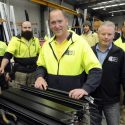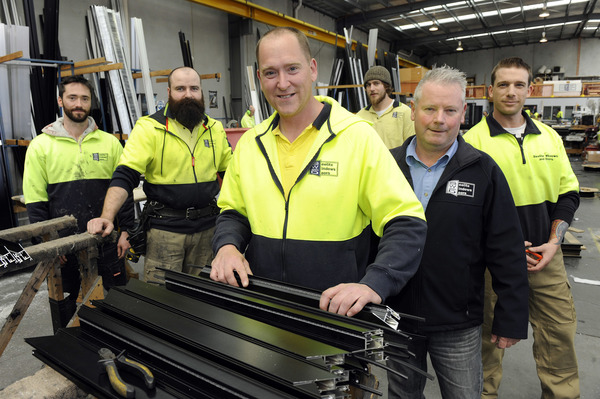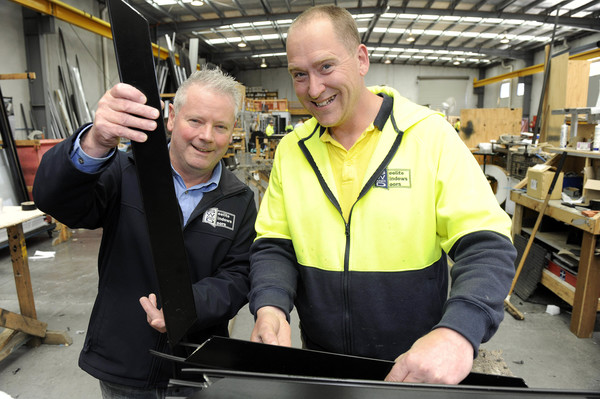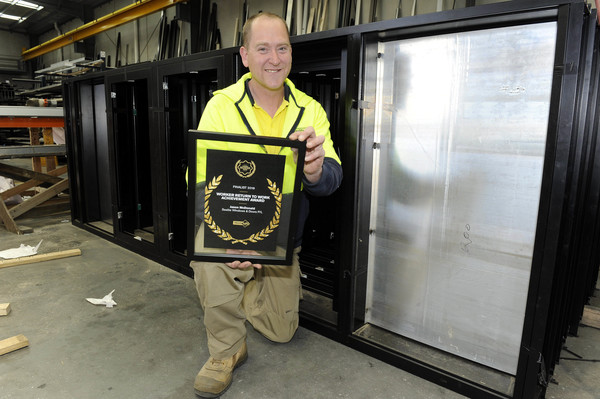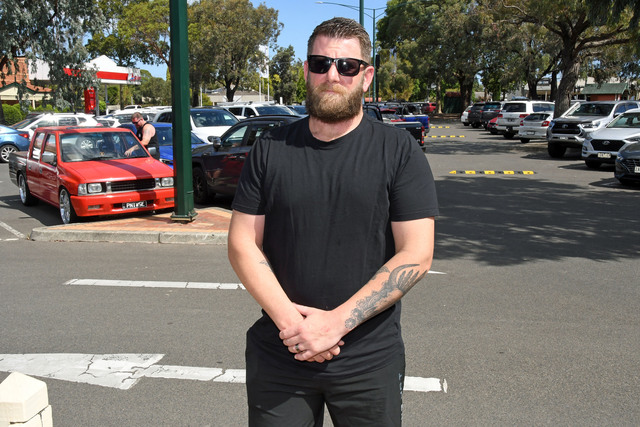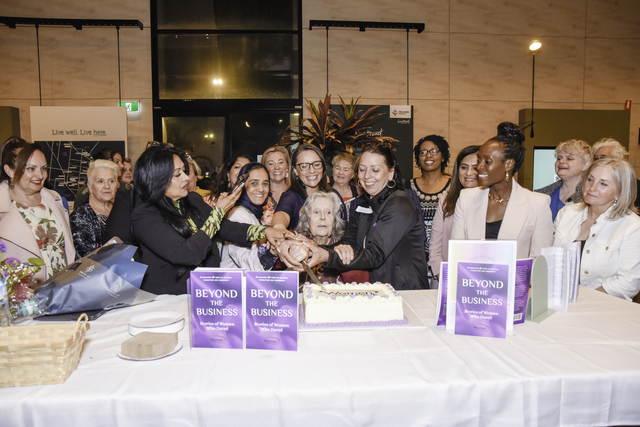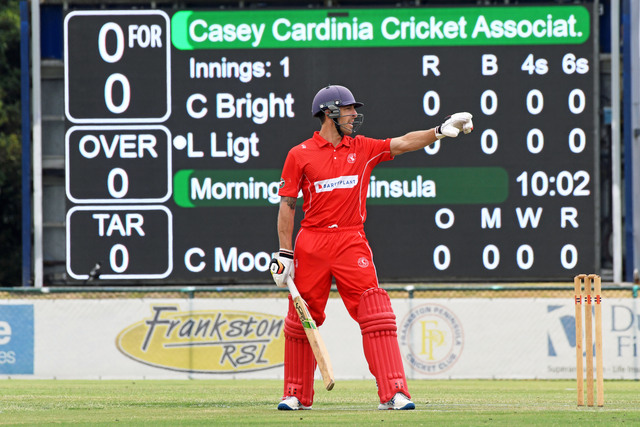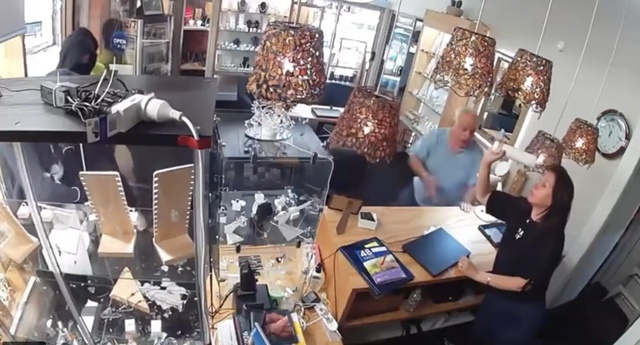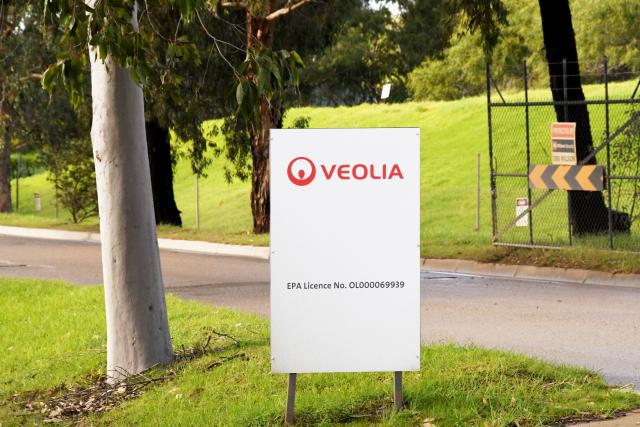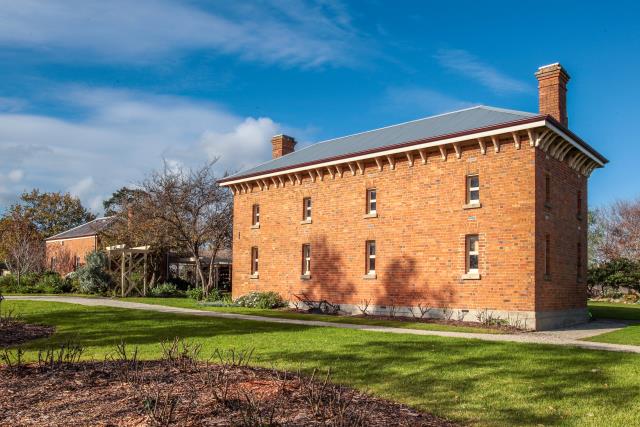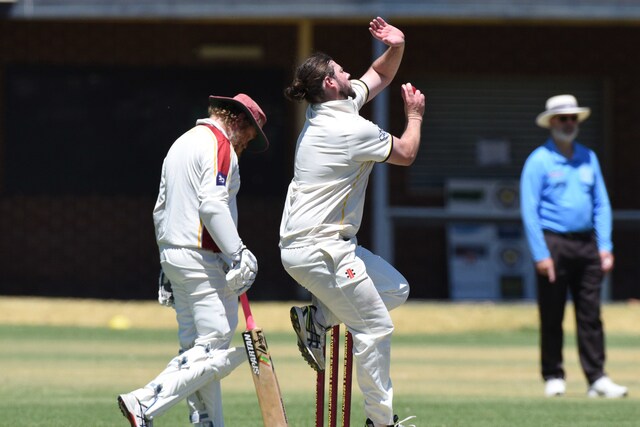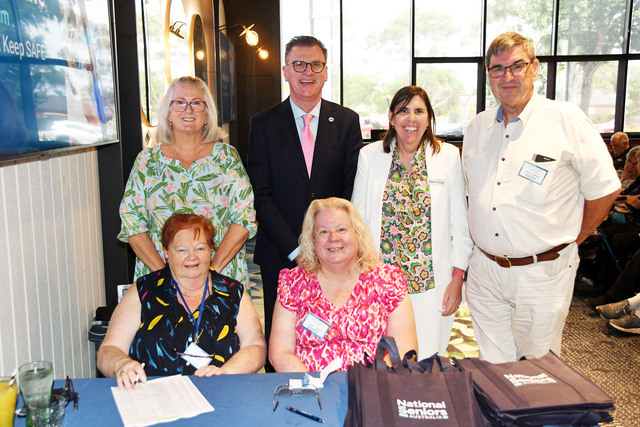By Cam Lucadou-Wells
Broken but not bowed, worker recalls the impact of critical injury…
JASON McDonald’s boss describes it as a “bloody horrible accident”.
Soon after Mr McDonald left on a lunch run, he was critically injured when he was a passenger in a crash with a parked truck on Wedgewood Road, Hallam.
He had taken the brunt of the impact – and who knew if and when he was going to return to his workplace Seelite Windows and Doors just 200 metres away.
As police cordoned off the scene he was stretchered into an air ambulance and flown to The Alfred’s Intensive Care Unit.
He had multiple fractures throughout his left side, a broken neck, internal bleeding and a serious head injury.
At that stage – in June 2015 – Seelite production manager Tony O’Donovan was trying to calm his voice as he delivered the unsettling news to Mr McDonald’s wife.
On 7 October this year, his worker was recognised as a finalist in the Worker Return to Work Achievement category in this year’s Worksafe Awards.
It recognised Mr McDonald’s brave road back with the immense support of his employer, workmates, family and a crew of rehab helpers.
Before his return, Mr McDonald had itchy feet. He says he hates sitting still – something he had to do a lot while recuperating at his Ringwood East home.
He was restricted to a two-kilo lifting limit which barred him from even the most simple chores such as unpacking the washing machine, mowing the lawns or vacuuming.
“I was ready to just sticky-tape my arm and come back,” he said.
He made the decision to return to Seelite with his insurer’s reluctant blessing just three months after the crash – 12 weeks ahead of schedule.
He initially worked for two hours a week on light duties, with breaks every 30 minutes.
Within a year, he was back at basically full capacity and had successfully re-tested for his driver’s licence.
Looking back, Mr McDonald remembers nothing of the accident. Even his first few gentle days back at work – initially just two hours a week – were a bit of a haze.
“When I got back, people (in the workshop) were always looking out for me. A few times I said to them I’ll be right.”
With the help of a case manager and occupational rehabilitation provider, he was forced to take routine half-hour breaks to manage his heavy fatigue.
He was diligently attending to up to four days of intensive rehabilitation sessions a week to heal his physical and mental demons.
“It was pretty hard when you’re strong-willed like I am to take orders from doctors that you don’t know.
“But I realised they know this stuff better than I do.”
It was a new situation for his proud boss Mr O’Donovan – who applied his maxim of matching his workers’ tasks to their capabilities.
His recollection of the crash is vivid. Workers were wondering why Mr McDonald wasn’t back from his lunch break, why police had closed local roads and a helicopter was hovering over the scene.
The obvious and horrific conclusion soon dawned on Mr O’Donovan. Then he made that difficult call to Mr McDonald’s wife.
“I believe he’s going to be OK but he’s gone by air ambulance to The Alfred,” Mr O’Donovan told her.
More than a year later, when asked what he learnt through all this, Mr O’Donovan said: “Nothing is guaranteed.”
The silver lining for his fully-recovered worker Mr McDonald is that he is becoming more self-aware.
He uses meditation to help manage the moodiness that descends as part of his injuries.
The wake-up call has made him put more priority on his family. He pays tribute to his wife who carried a great extra burden.
To this day, he has not been able to resume karate with his two daughters – and is not sure if he ever will.
“I’m focusing on the important things in life. You never know what’s around the corner.”

